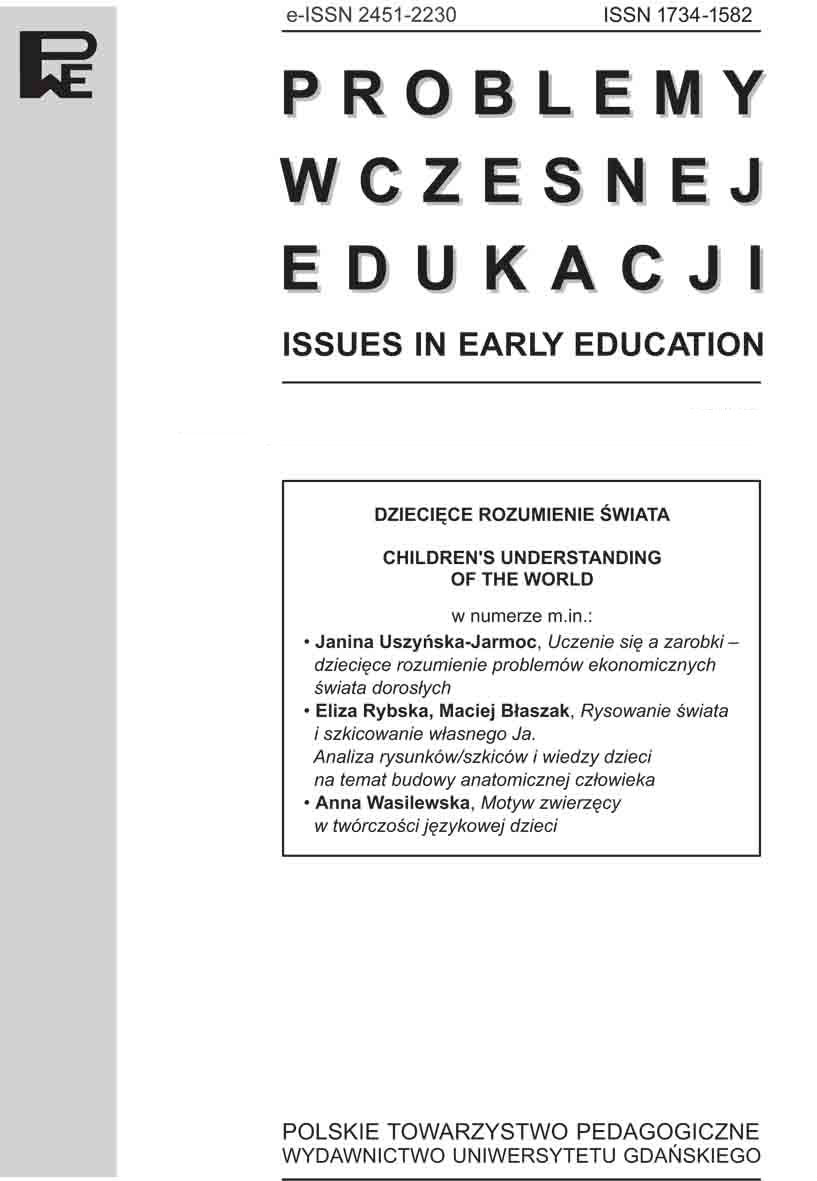“Invisible” and “unheard” children in fragile contexts – reflections from field research among the Ba’Aka in the Central African Republic
“Invisible” and “unheard” children in fragile contexts – reflections from field research among the Ba’Aka in the Central African Republic
Author(s): Urszula Markowska-ManistaSubject(s): Anthropology, Education, Recent History (1900 till today), Social development, Economic development
Published by: Polskie Towarzystwo Pedagogiczne
Keywords: “invisible” children; “unheard” children; fragile contexts; field research; colonial and postcolonial representations;
Summary/Abstract: In the present article I outline the situation of children who belong to an indigenous community of Ba’Aka Pygmies, a group inhabiting the Sangha-Mbaéré region of rainforest in the Central African Republic. These children are inscribed in the categories of “invisible” and “unheard” children. They are also deprived of the right to be properly researched. This is due to a number of external and internal factors which shape the contemporary reality of the formerly colonised country. Despite the fact that the Central African Republic broke free from colonial oppression, since 1960s it has been experiencing internal colonisation and civilising missions by the countries of the Global North so as to be “fruitfully” written in the narrative of national development. Thus, referring to key categories, I discuss postcolonial representations: images and narratives perceived through the perspective of a female researcher who, since 2002, has conducted field research among excluded and marginalised children and young people in fragile (vulnerable) contexts in Central Africa.
Journal: Problemy Wczesnej Edukacji
- Issue Year: XII/2016
- Issue No: 4 (35)
- Page Range: 39-50
- Page Count: 12
- Language: English

